- Availability: Out Of Stock
- Made & Mkt by: Aagghhoo
- Product Code: 1525-AG20-C1SWS0YO01-13
- Weight: 300.00g
- Dimensions: 15.00cm x 15.00cm x 3.00cm
Available Options
The typical dispatch time is 2-3 days; however, in special cases, it may take longer. Please refer to the product details section for specific timelines. Once dispatched, we will share the tracking details with you.
For returns, you can file a request within 24 hours of receiving the product. If the package is damaged, please make a video while unboxing and share images of the damaged item along with your return request.
9328006304 ( WhatsApp )
The first dots on sonography to the first sound of the heartbeat, the journey of any parent begins much before, a baby enters this world. We become their confidants and guardians, decoding their babbles into heart to heart conversations, and taking mindful decisions for them. Aagghhoo’s vision is to decode and interpret unsaid needs of babies.
Driven by the philosophy of “Less, but better”, we hope to help parents become conscious about the number of products a newborn needs. With agender and seamless designs, we aim at optimum play and unrestrained physical movements. Room-to-grow as an integrated design element in each product, we ensure an extended use to garments. We believe in gender neutral colour palettes and patterns, defying all colour codes or boundaries.

Babies are fully human and cognizant from day one! Treating them with respect and trying to understand them as unique individuals, is key to designing well for them.We’ve spent many months, observing babies, playing with them, speaking with them, and sometimes with their parents as well. We’ve found inspirations and insights from their non-verbal cues and signs during our everyday interactions and they become a hook for us to explore possibilities. The solutions and ideas derived from our understanding, focus on comfort, functionality, scale understanding and adaptability in the baby’s physical world.

With the lack of verbal communication, sensory experiences become key elements of our designs. The senses of touch, sight, sound, smell, taste and movement all matter in evolving and understanding the real world for the babies. Our designs imbibe in them the understanding of the sensory stimulations needed for the various stages of growth of our children.
Everything we design, is a combination of two or more sensory elements. For example, our clothing is a combination of touch and freedom of movement. Our prints are artistic interpretations of the baby’s sight and potential trigger of thoughts. For long have we designed baby products, to appeal to the parents. We realize that it is imperative to keep the needs and comfort of the child at the forefront of any design process. We do hope to trigger this change in the product and thought landscape.
| Craftsmen | |
| Made by | Artisans with Aagghhoo. |
| Details | |
| Product details | Ergonomic Product Pure & Herbal Dyed Chemical & Bleach Free Yarns Weightless fabrics that regulate baby's body temperature. |
| Shipping ~ | |
| Shipping | Dispatched in 4-5 working days. |
| Material | |
| Made of | 100% Organic cotton |
| Instruction | |
| Note | The items in this category are not refundable. The products in this category is handmade. These might slightly differ from as seen on digital screen. |
| Care | Gentle handwash in mild detergents like soapnut. Dry in shade |
| Restrictions | |
| COD - Option | Not Available |

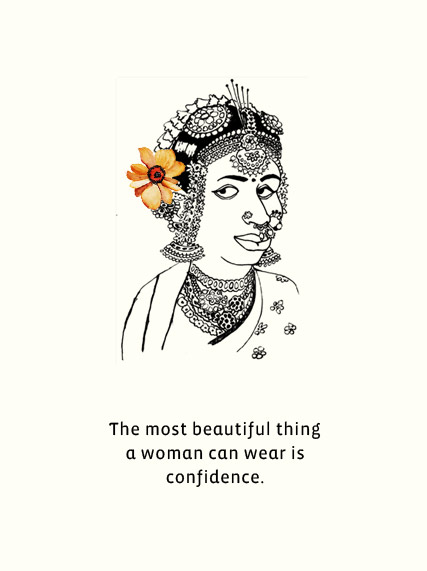

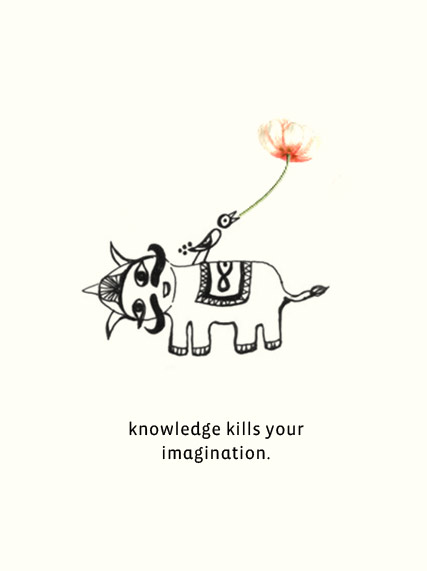

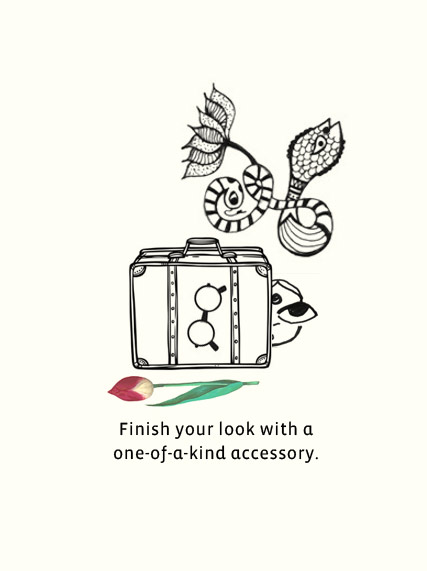
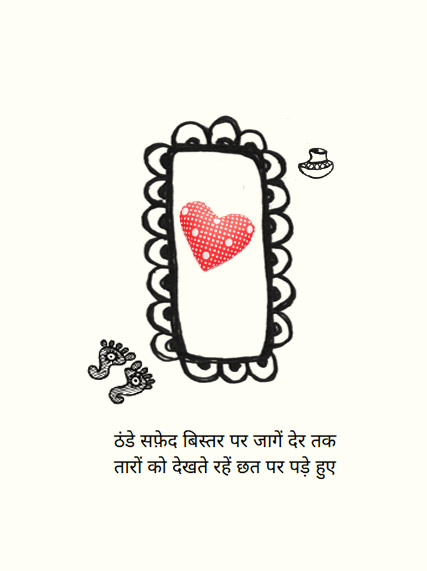

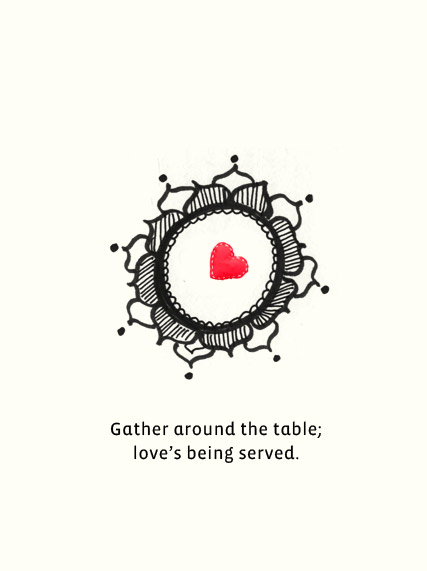

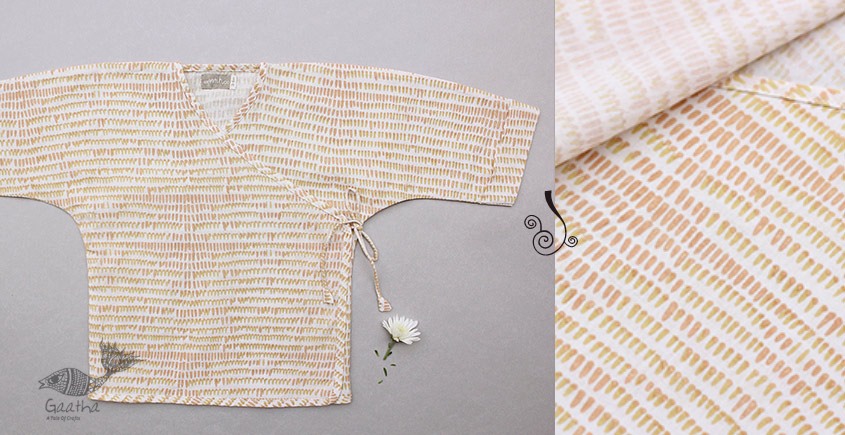
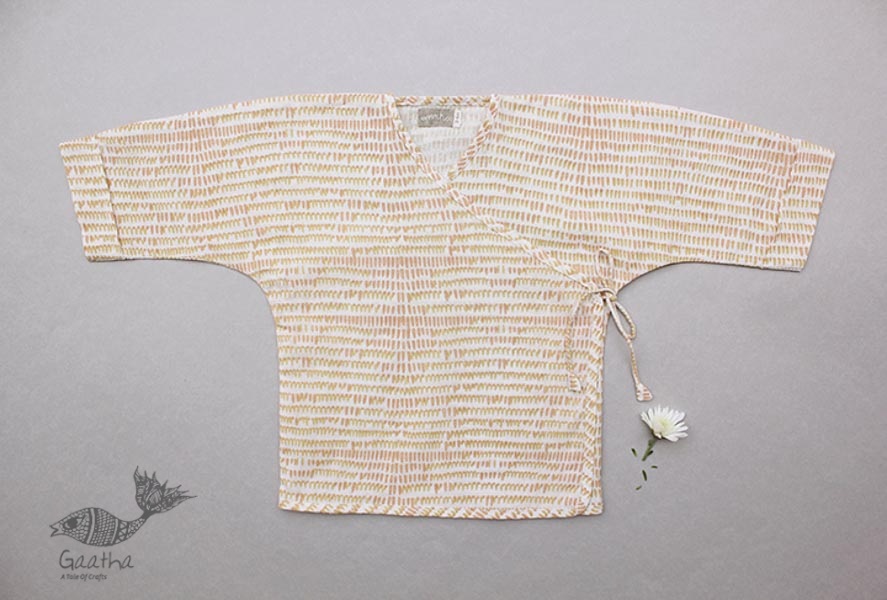
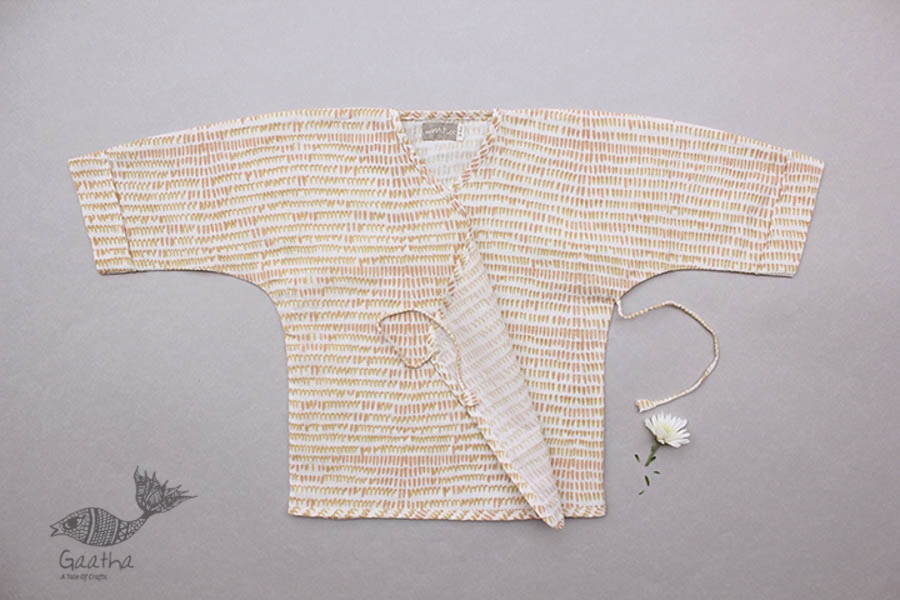
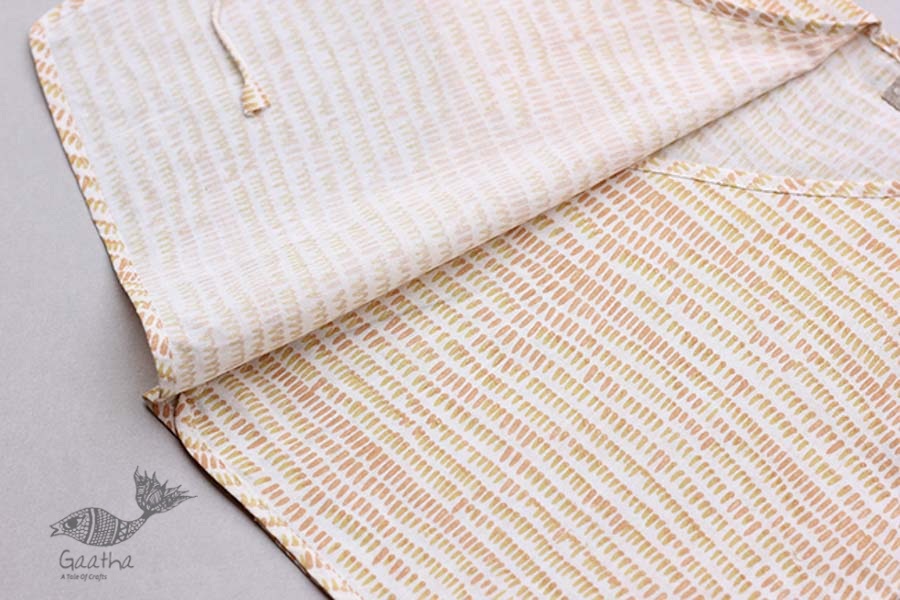
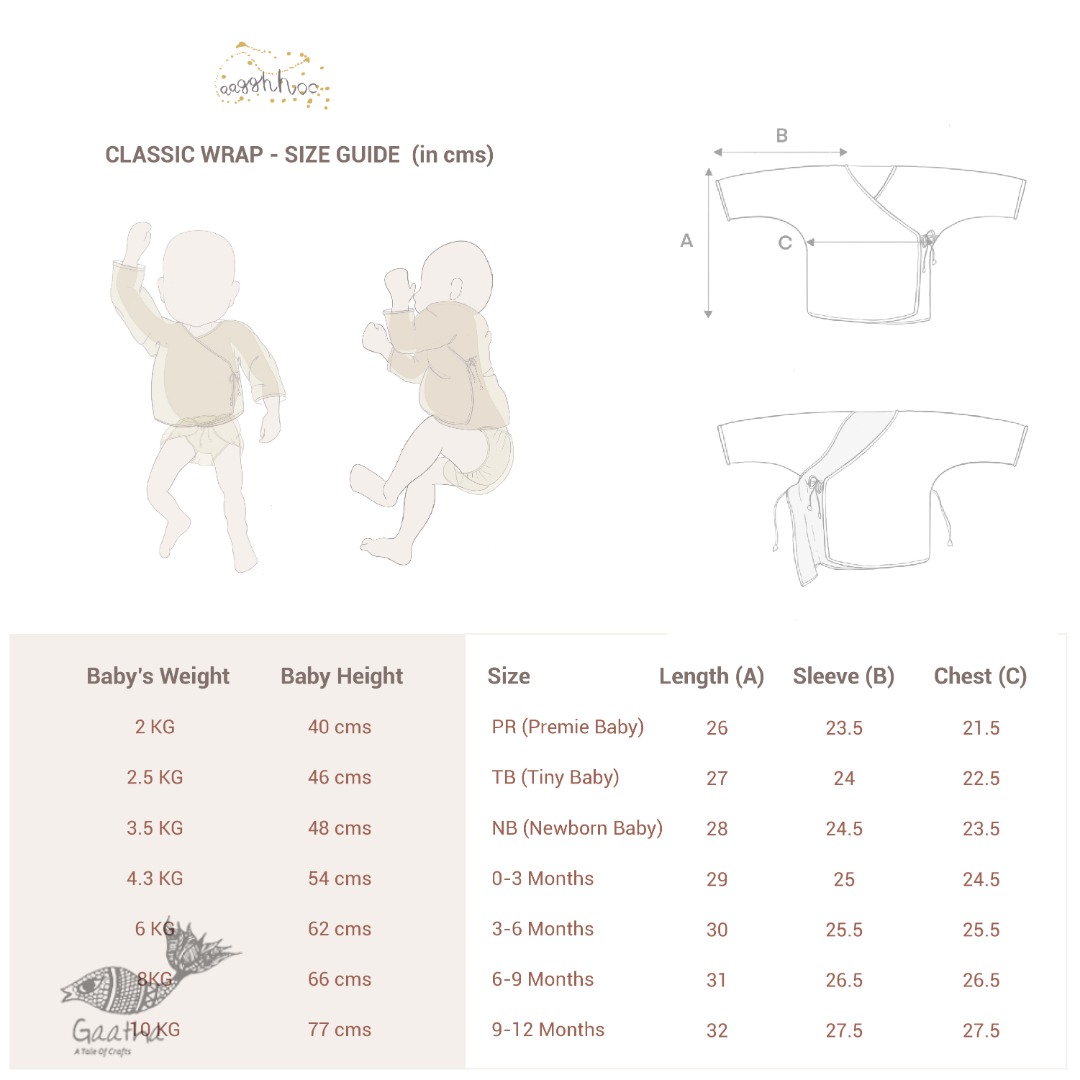






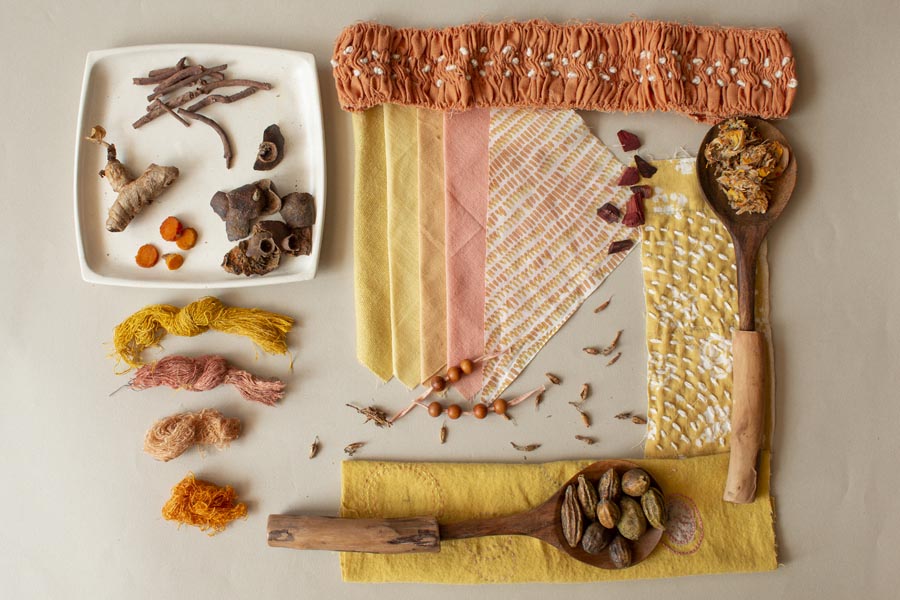
-225x150w.jpg)

-225x150w.jpg)
-225x150w.jpg)
-225x150w.jpg)
-225x150w.jpg)
-225x150w.jpg)
-225x150w.jpg)
-225x150w.jpg)
-225x150w.jpg)
-225x150w.jpg)
-225x150w.jpg)
-225x150w.jpg)
-225x150w.jpg)
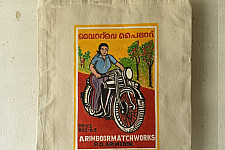
-225x150w.jpg)
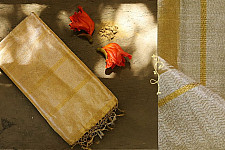

/13_04_2022/Gond-Tribal-Canvas-Painting-Cow-3-x-3-225x150h.jpg)
/13_04_2022/8-2Gond-Tribal-painting-225x150w.jpg)
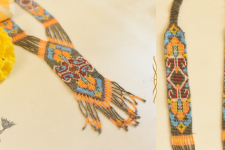
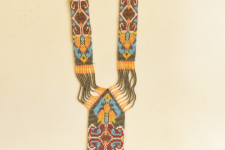
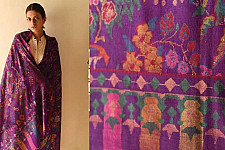
-225x150w.jpg)
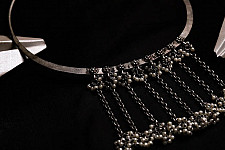
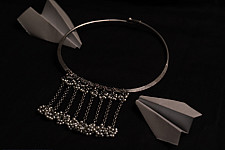
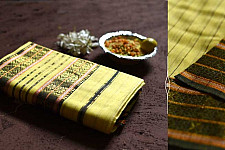
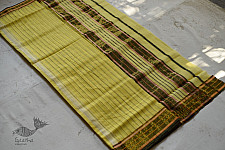
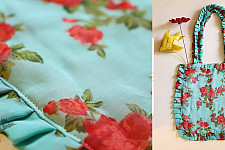
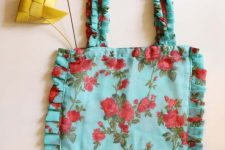
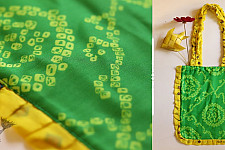
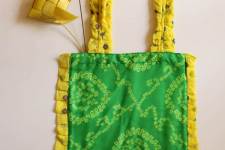
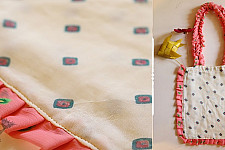
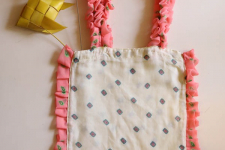
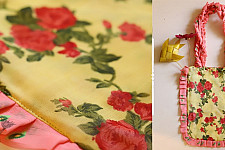
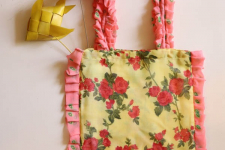
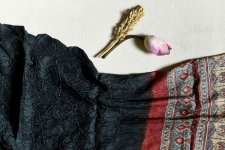
-225x150w.jpg)
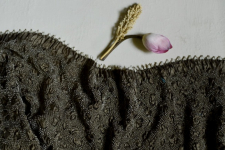
-225x150w.jpg)
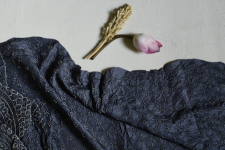
-225x150w.jpg)
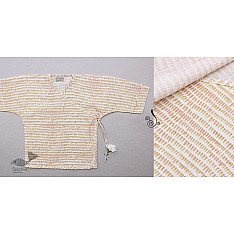
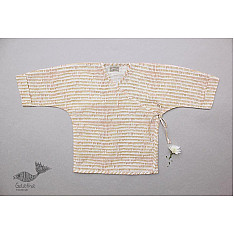
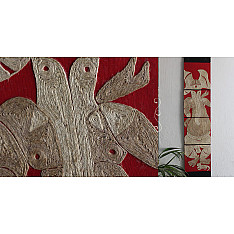
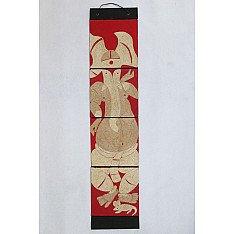



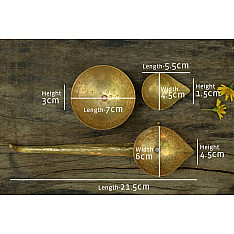
-234x234.jpg)
-234x234.jpg)